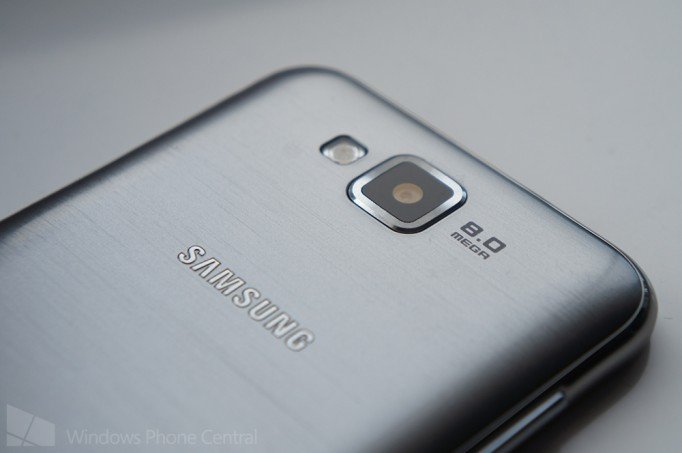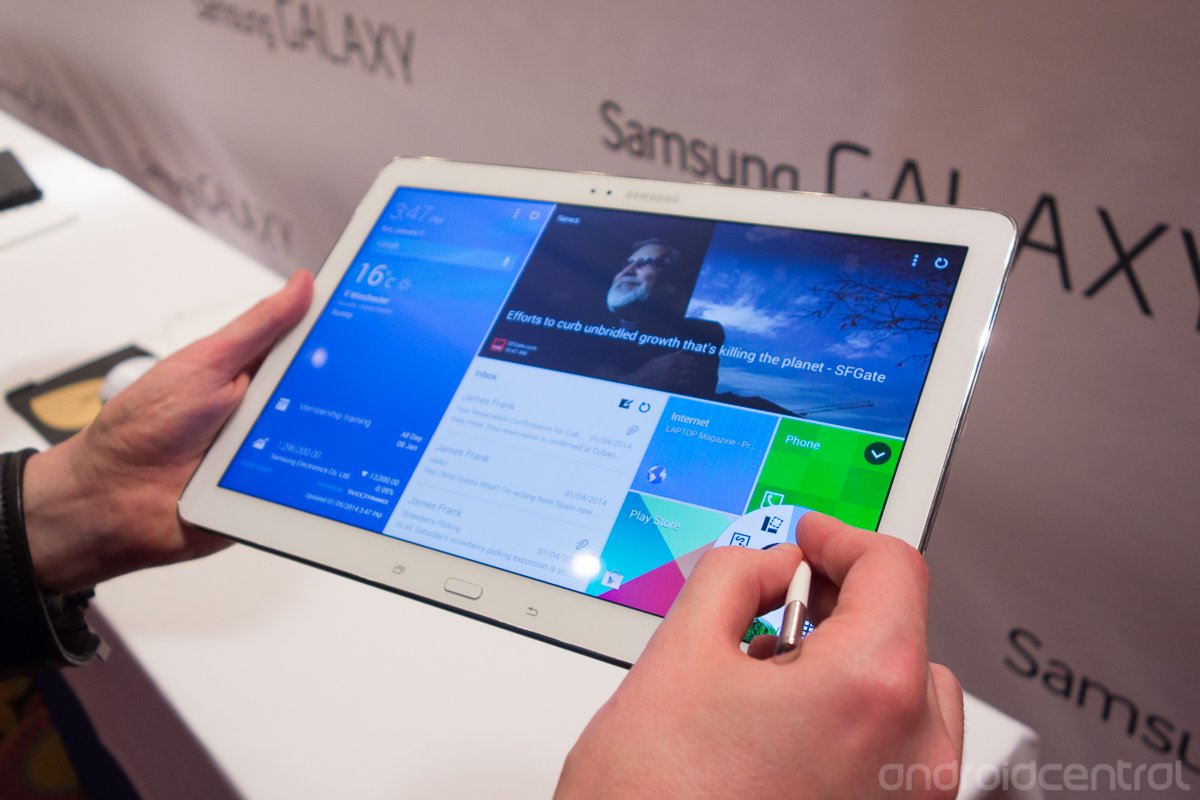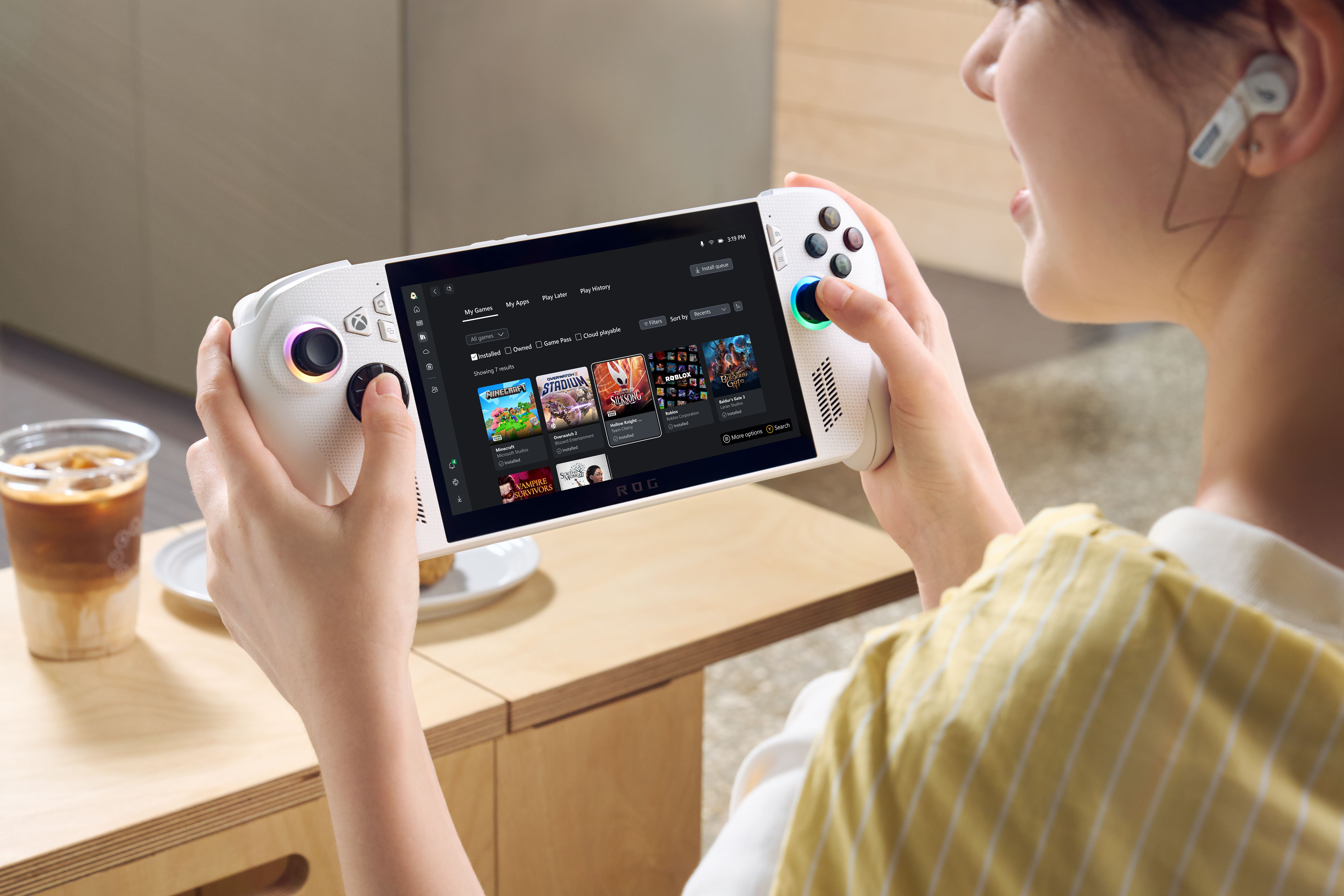Google's sale of Motorola may signal a stronger bond between Google and Samsung — and a threat to Windows Phone

All the latest news, reviews, and guides for Windows and Xbox diehards.
You are now subscribed
Your newsletter sign-up was successful
In a surprise move today, Google announced the sale of Motorola Mobility to Lenovo for $2.91 billion dollars. On the face of it, that looks like financial loss from the original $12.5 billion purchase price by Google in 2012. However, keep in mind that price for just the hardware division, as Google will retain "the vast majority" of the Motorola patent portfolio (licensing them to Lenovo).
In many ways, it’s a brilliant move. Google is better served by the patent protection, but they probably couldn’t just buy them from Motorola in 2012. Instead, they had to purchase the whole package (hardware plus patents) and get into the awkward device manufacturing game. With today’s deal, they successfully spun off the hardware but retain those patents, which is really what they wanted in the first place.
There’s another reason why this may have happened: Samsung. Grab your conspiracy hats and read on why the sale of Motorola Mobility may be a big threat to Microsoft and Apple going forward.
Google and Samsung woes
Android has surpassed Apple for smartphone market share—that is well known. Samsung sells the huge majority of those devices through their Galaxy line, upwards of 83%. That’s a similar situation to Nokia, who have 90% of the Windows Phone market. Believe it or not this is both good and bad. It’s good, because Samsung knows how to sell phones and innovate—they’re a strong collaborator. It’s bad because having one manufacturer dominate Android hardware gives them too much control.
Microsoft knew this, which is why they basically had to buy Nokia.
It’s no secret that Google and Samsung are co-dependent. Perhaps less known by consumers is how much of a threat Google views Samsung. Maybe it’s just me, but I find it very weird that Samsung held their own Android developer conference and that they have upwards of 1200 of their own APIs for Android. It’d be like Nokia pushing Microsoft out of the way saying “we got this” when it comes to core OS development. Helping is one thing. Redirecting development is another.
Ars Technica had an excellent article on this, detailing how Google is putting more and more of their core apps into Google Play (as opposed to leaving them open source). As a result, when an OEM makes an Android phone with Google, they have to pick up all of Google’s apps, which they are upwards of 70 of these days. Think Voice, Music, Maps, Calendar, even Messaging, the Camera and keyboard are all under Google’s control. In other words, Google is making Android more and more closed source. They’re doing that so any competitor would have to re-create a large chunk of the OS themselves, making it too costly to do, ergo threat avoided.
All the latest news, reviews, and guides for Windows and Xbox diehards.
As a result, Android devices are becoming very Google-branded these days. Many in the industry believe this is to protect Google from Samsung, who are basically making Android their OS. Combine that with Samsung’s continued insistence on developing Tizen (their own proprietary operating system), and Google has a partner who dominates their Android, but may not stick around for the long term.

The last straw
At CES, Samsung made even more waves with their new Magazine UX. The new design looks a lot like Microsoft’s Live Tile system with flatter graphics and some 'inspiration' from Flipboard. According to a fascinating article on Re/code, Google execs were “dismayed by what they saw”. The reason? Samsung went too far in diverging from Google’s idea of what Android should look like. Citing un-named sources, Re/code states:
“Multiple sources familiar with the companies’ thinking say the two technology giants began hammering out a series of broad agreements at CES that would bring Samsung’s view of Android in line with Google’s own. The results of the talks, which have only just begun dribbling out to the public, also underscore the extent to which Google is exerting more of its influence to control its destiny in the Android open source world.”
That’s pretty fascinating, as it signals a much closer alliance between Google and Samsung, notably that Samsung would back-off of the Magazine UX and even tone down their media offerings, instead bolstering Google’s Play Store and vast media library.
But one thing caught my attention and during today’s podcast, I put the two together (head to the 1h 23 min mark). Re/code said this about the new friendship between Google and Samsung:
“It’s unclear what concessions Google may have made on its part. The company could have, for example, agreed to work with Samsung on a Nexus device or offered other cooperation.The relationship between Google and Samsung has gone through “a huge change, a sea change in the last few weeks,” as one source described it.”
On the very same day that report comes out, Google announces the sale of Motorola Mobility. It seems oddly coincidental. It’s well known that Samsung didn’t appreciate Google buying their own hardware division and on the surface, it looks like Samsung said to Google: ‘You want to play nice, sell off Motorola Mobility’. (One also wonders if Samsung will back off of Tizen).
With Motorola Mobility off of the table, Google retaining the patents and a closer relationship with Samsung in tow, the Mountain View juggernaut may have formed an unstoppable force. Samsung is on a leash, Google has patent protection and Microsoft and Apple have a serious threat on their hands.

Daniel Rubino is the Editor-in-Chief of Windows Central. He is also the head reviewer, podcast co-host, and lead analyst. He has been covering Microsoft since 2007, when this site was called WMExperts (and later Windows Phone Central). His interests include Windows, laptops, next-gen computing, and wearable tech. He has reviewed laptops for over 10 years and is particularly fond of Qualcomm processors, new form factors, and thin-and-light PCs. Before all this tech stuff, he worked on a Ph.D. in linguistics studying brain and syntax, performed polysomnographs in NYC, and was a motion-picture operator for 17 years.
